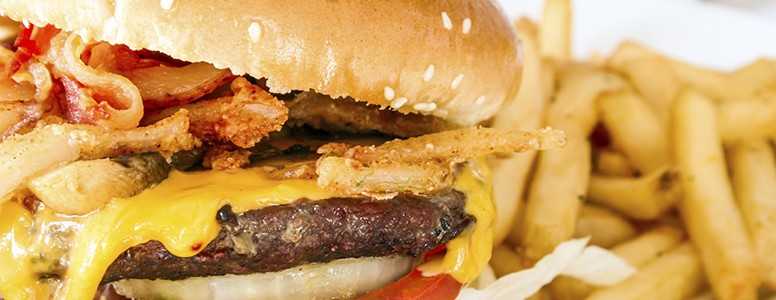Eating a healthy diet free of junk food could help prevent male teenagers experiencing irreversible damage to their fertility, researchers have said.
Previous research has already identified that processed food and ready meals are contributing to the obesity and type 2 diabetes rates. Now, a Harvard University study of 3,000 young men has shown that eating a poor diet could also affect sperm count.
The participants completed a military fitness survey, with data collected regarding their diet, semen quality and reproductive hormones.
The team found the males who ate lots of junk foods such as pizza, chips and sugary fizzy drinks had a much lower sperm count when compared to men who ate a diet rich in fish, chicke, vegetables and fruit.
Speaking to the Daily Mail, Dr Jorge Chavarro, who led the study, said: “We are seeing lower sperm counts and a few men fall below the WHO lower reference limits. This is the largest study to have found this in young men.”
While the findings only uncovered an association between junk food and sperm count, this was consistent with previous findings. There was also evidence to suggest the damage could become permanent.
Those who ate a Western-style diet – high in ultra-processed foods – had lower levels of a chemical called inhibin-B. Reduced levels of inhibin-B could suggest lower levels of sertoli cells, which are found in testes and help produce sperm. If sperm-producing sertoli cells are damaged on a long-term basis then reproduction may be challenging in the future.
Dr. Bobby Najari, a urologist at NYU Langone Health said of the findings: “Guys who are concerned about sperm count–and really anyone who cares about their overall health–should eat plenty of fruits, vegetables, and lean meat.
“I think this [study] reinforces the fact that our diets are important in sperm health.”
The findings of the study were unveiled at this year’s European Society of Human Reproduction and Embryology meeting (ESHRE) in Vienna.




